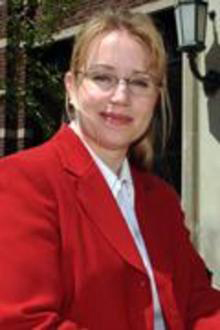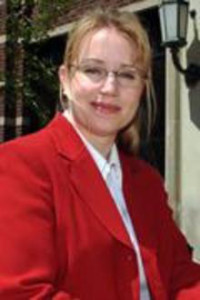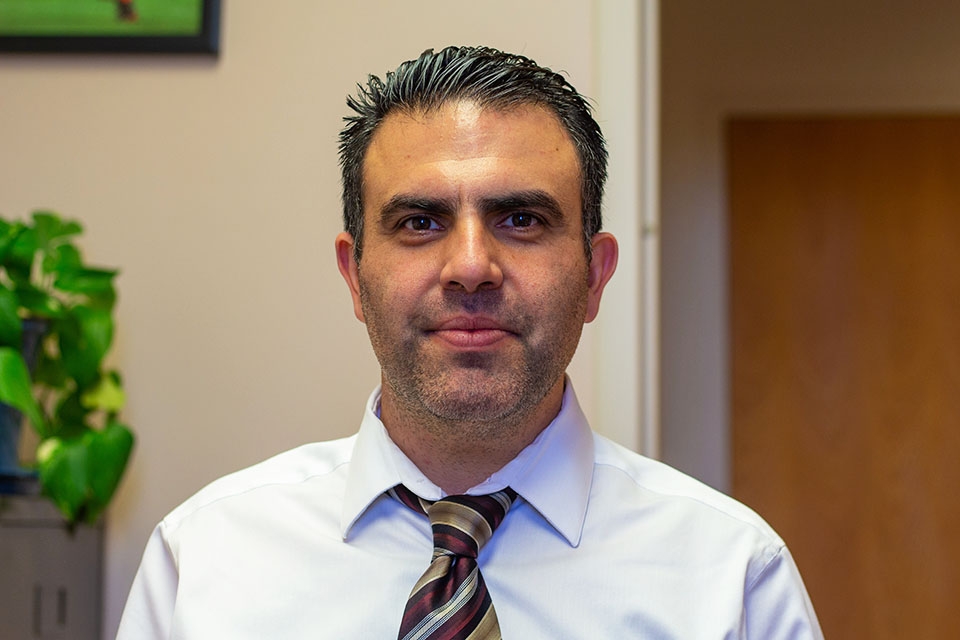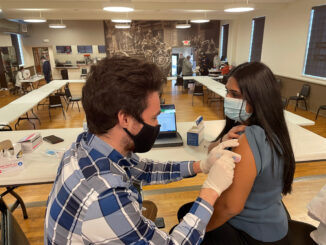

Professor Tammy Hughes is teaching Pa. judges how to treat the autistic.
By Gigi Jeddi | The Duquesne Duke
An education professor at Duquesne is taking on an extra responsibility this semester as she trains more than 900 magisterial judges from across Pennsylvania in how to interact with autistic juveniles in the judicial system.
In summer 2015, Pennsylvania Gov. Tom Wolf signed a law that requires members of the judicial system to receive training in how to work with the mentally disabled, according to the Pittsburgh Post-Gazette. Experts such as Duquesne education professor Tammy Hughes have stepped up across the state to train the hundreds of police officers and judges who are covered by the law.
Hughes is the chair of the Duquesne education school’s Department of Counseling, Psychology and Special Education. She and a team of colleagues created a series of videos to help educate judges, probation officers, public defenders and district attorneys. Video topics include sections such as “What is autism?” and “Why does it matter to juvenile justice?”
Hughes emphasized that the purpose of the training is not to treat autistic persons found guilty of a crime less severely, but rather to place them in the appropriate facilities.
“It’s really about kids getting the right treatments, so they can get better,” Hughes said.
Hughes started taking an interest in the judicial system in 2010 while working with mentally disabled children who had a run-in with the law. She discovered that autistic juveniles were being housed in correctional facilities ill-equipped to handle their specific needs.
“[The facilities] weren’t treating [the disability] because … they didn’t know about it and because the facility wasn’t really designed for that,” she said.
According to the Pennsylvania Department of Human Services, about 21,300 children with autism spectrum disorder live in Pennsylvania. The department defines autism as a spectrum of brain disorders characterized by impaired social interaction, problems with communication and unusual or limited activities and interests. Cases can range from mild to severe.
“Those with autism usually don’t pick up on social queues and have a difficult time catching on to nonverbal information,” Hughes said.
Pittsburgh attorney and Duquesne alumnus Jesse Torisky works with Hughes through a group called Autism Services, Education, Resources and Training. He said that as an attorney and the brother of someone with autism, he understands how important Hughes’ work is. He said many people who have not spent time with someone with autism fail to understand the daily struggles they undergo.
“The ability to work in a society without having too many problems definitely gives you a different perspective on things,” Torisky said.




